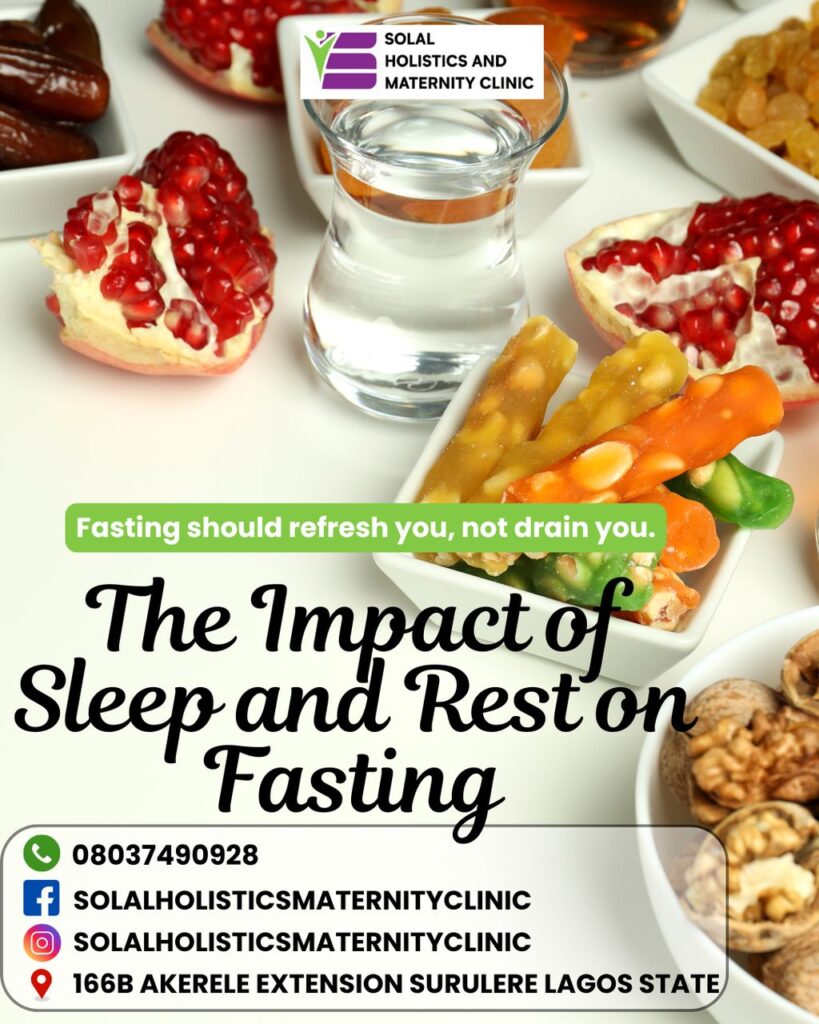Is Poor Sleep Making Fasting Harder Than It Should Be?
Feeling unusually exhausted, dizzy, or mentally drained? It might not be the fasting—it could be lack of rest. Sleep affects your energy, digestion, and focus during prayers.
How Poor Sleep Affects Fasting
✔ Low energy—your body repairs itself during sleep. Less sleep = more fatigue.
✔ Sluggish digestion—poor rest slows metabolism, causing bloating.
✔ Brain fog & irritability—lack of sleep makes you moody and forgetful.
✔ Weaker immunity—your body needs rest to stay healthy.
How to Improve Sleep During Ramadan
✔ Sleep early after Taraweeh to rest before Suhoor.
✔ Take short naps (20–30 mins) to recharge.
✔ Eat light at Iftar—heavy, greasy food disrupts sleep.
✔ Limit caffeine at night—it keeps you awake.
✔ Reduce screen time before bed—blue light affects sleep hormones.
Fasting isn’t just about eating—it’s also about resting. Prioritize sleep, and your fast will feel lighter and more refreshing. Will you give your body the rest it deserves this Ramadan?
